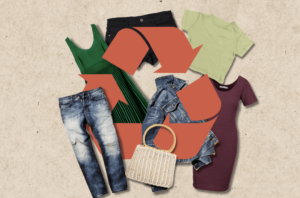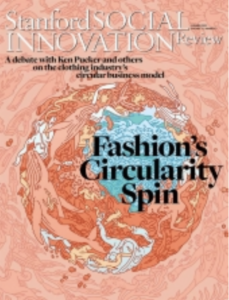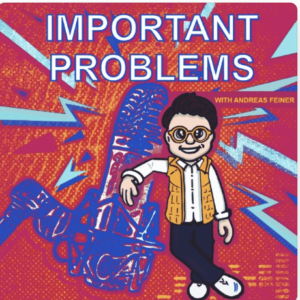One of fast fashion’s biggest players says it’s taking major steps toward a more sustainable business model. But in an industry predicated on low cost, low quality and high production volume, experts say it won’t be simple.
“It’s hard to see how they actually deliver on their emissions reductions targets,” said Ken Pucker, a professor at the Fletcher School at Tufts University in Medford, Mass., who focuses on sustainability.
“Because volumes are going to continue to go up.”
https://www.cbc.ca/news/business/fast-fashion-sustainability-targets-1.6913112



 https://www.forbes.com/sites/amynguyen/2023/06/16/carbon-neutral-claims-under-investigation-in-greenwashing-probe/?sh=2e710bfa6431
https://www.forbes.com/sites/amynguyen/2023/06/16/carbon-neutral-claims-under-investigation-in-greenwashing-probe/?sh=2e710bfa6431


 electronics to fashion follow a one-way path of “make, take, and waste.” This linear operating system is straining resources, polluting oceans, and generating mountains of waste. Unrelenting pressure for growth continues to stress biodiversity and accelerate atmospheric warming, thereby increasing the intensity and incidence of drought, flooding, and migration. As a result, the public’s consent to resource-consumptive industries is increasingly at risk.
electronics to fashion follow a one-way path of “make, take, and waste.” This linear operating system is straining resources, polluting oceans, and generating mountains of waste. Unrelenting pressure for growth continues to stress biodiversity and accelerate atmospheric warming, thereby increasing the intensity and incidence of drought, flooding, and migration. As a result, the public’s consent to resource-consumptive industries is increasingly at risk.